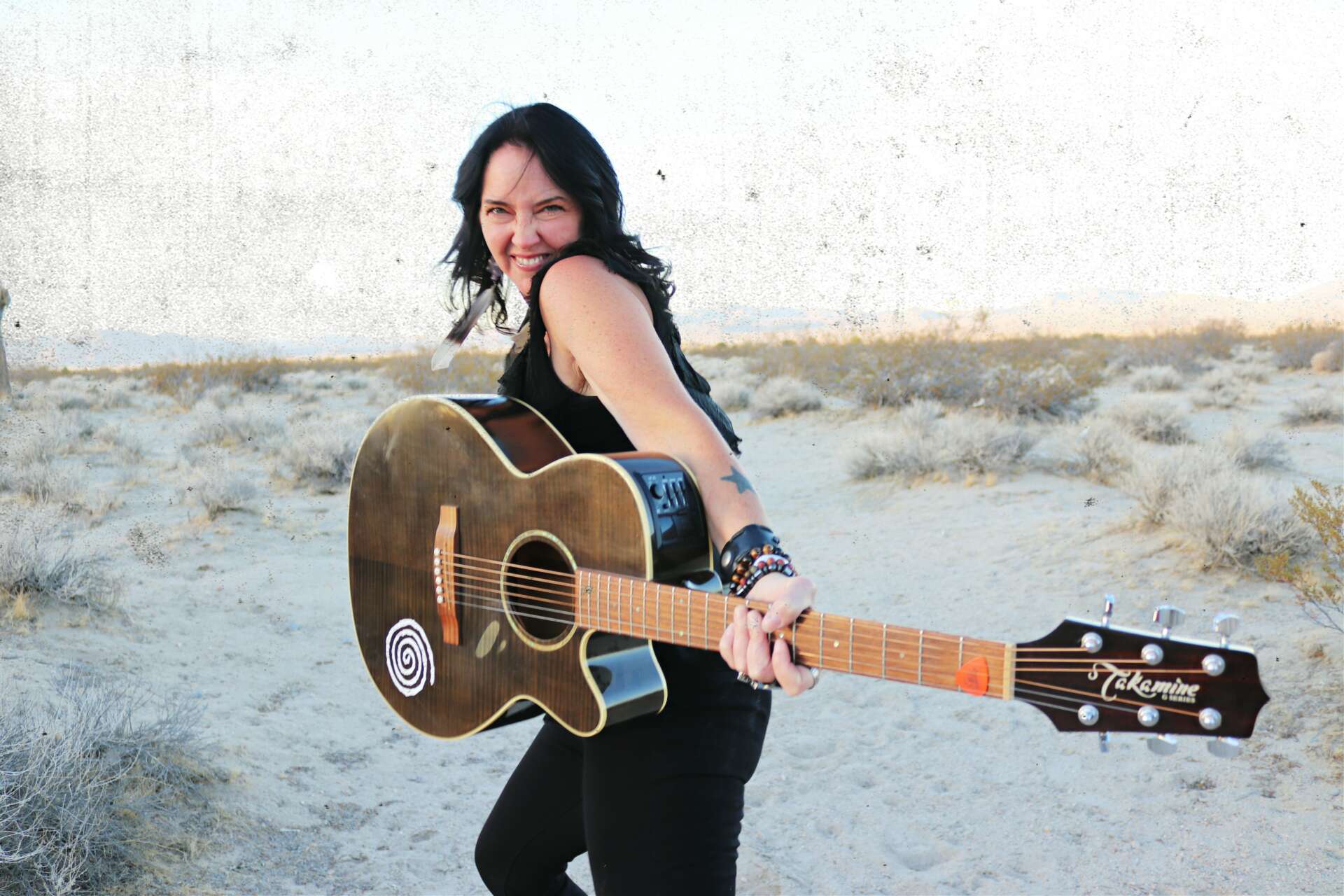Alright – so today we’ve got the honor of introducing you to Astra Kelly. We think you’ll enjoy our conversation, we’ve shared it below.
Astra, appreciate you joining us today. The first dollar you earn is always exciting – it’s like the start of a new chapter and so we’d love to hear about the first time you sold or generated revenue from your creative work?
When I was in Chicago, I had joined a band and we were touring a lot. We weren’t making any money because we were paying for our record and a tour van. I’d been telemarketing for the Chicago Symphony Orchestra, which I thought was close to being creative, but it wasn’t at all. I hated it! I had to take the subway to get to work and I’d see people playing music down there. I wondered if they made any money? One day, I asked one of the guys who was playing what the supposed “rules” down there were. He pretty much took me under his wing. He showed me around, and gave me the low down on where to play, who to watch out for, and the subway music culture etiquette. The next day, I took my guitar and played for a couple of hours. I made about $150 bucks, quit my job at the CSO and made subway performances my main source of income for the next three years. I made a ton of fans down there and sold dupped cassette tapes from live shows with covers I’d hand painted.
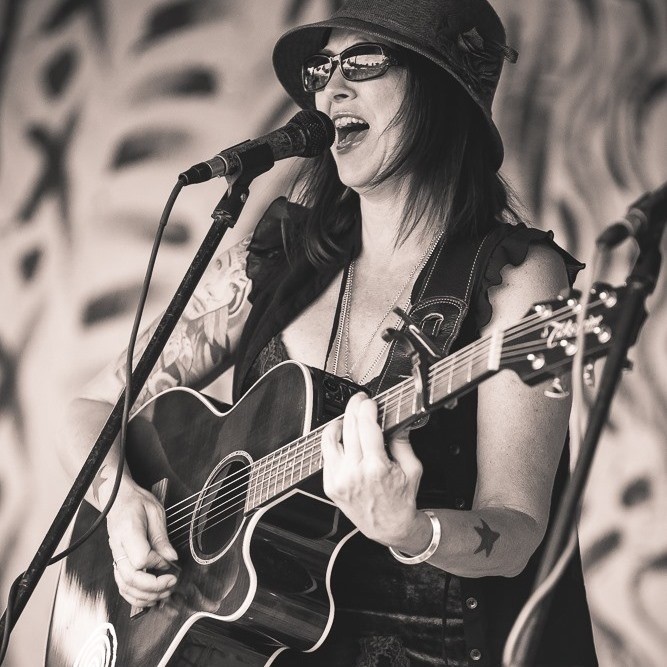
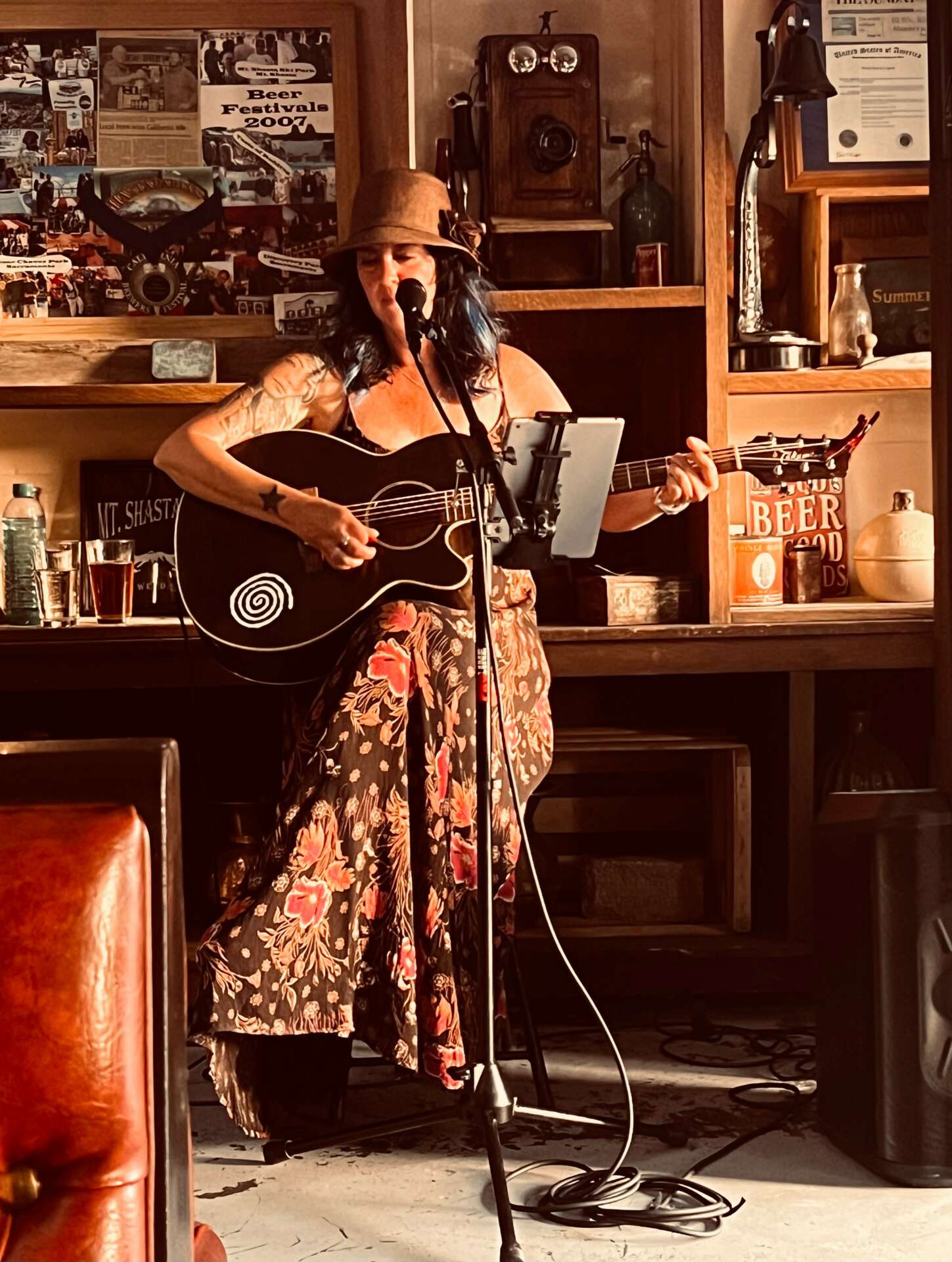
As always, we appreciate you sharing your insights and we’ve got a few more questions for you, but before we get to all of that can you take a minute to introduce yourself and give our readers some of your back background and context?
I knew from a very young age that I would be a singer and songwriter. I really never had a choice. Music chose me. I joined choirs and did musical theater, and I started writing songs as a pre-teen. My time in Chicago was electric! The city was on fire with music and I was a part of many projects in addition to my own band. My favorite being SUMO, a ten piece all improv acid jazz band. We made stuff up every Sunday night for 8 years. People used to call it “church.” As I continued on the creative path, I learned to diversify in order to have a real career in this industry.
I managed recording studios for years. It can be daunting the first time you make a record, and I took pride in being able to support other artists and bands through the process and make sure they felt confident and safe to relax into it and just be in the music. In that role, I also had the chance to do a lot of production, vocal and songwriting coaching, and vocal and instrumental tracking for artists of many genres.
I was a DJ at 102.1 when I first moved to San Diego and launched the KPRI Homegrown Hour, featuring all local music. I was a really perfect way to discover this incredible community we have here in SD. At the radio station I started doing commercial voice over. I really love being able to use my voice in that way.. I have a home studio where I can record and have done everything from meditations and audio books, to technical and instructional narratives.
I’m very passionate about being in service through music, helping others tap into their creative source, and advocating for well being, personal transformation, and emotional freedom. As a facilitator for a rehabilitative songwriting workshop at Donovan State Prison, I experienced the profound nature of songwriting to provide an outlet for healing and growth for people from all walks of life. I’ve helped countless aspiring songwriters navigate the songwriting process and have hosted my own songwriting workshops.
As an independent artist, and in the realm of social media, we’ve all become content creators, so we naturally hone skills like graphic design, and video production and editing. The beautiful thing is that all aspects of the craft can be translated to support other creatives on their journey.
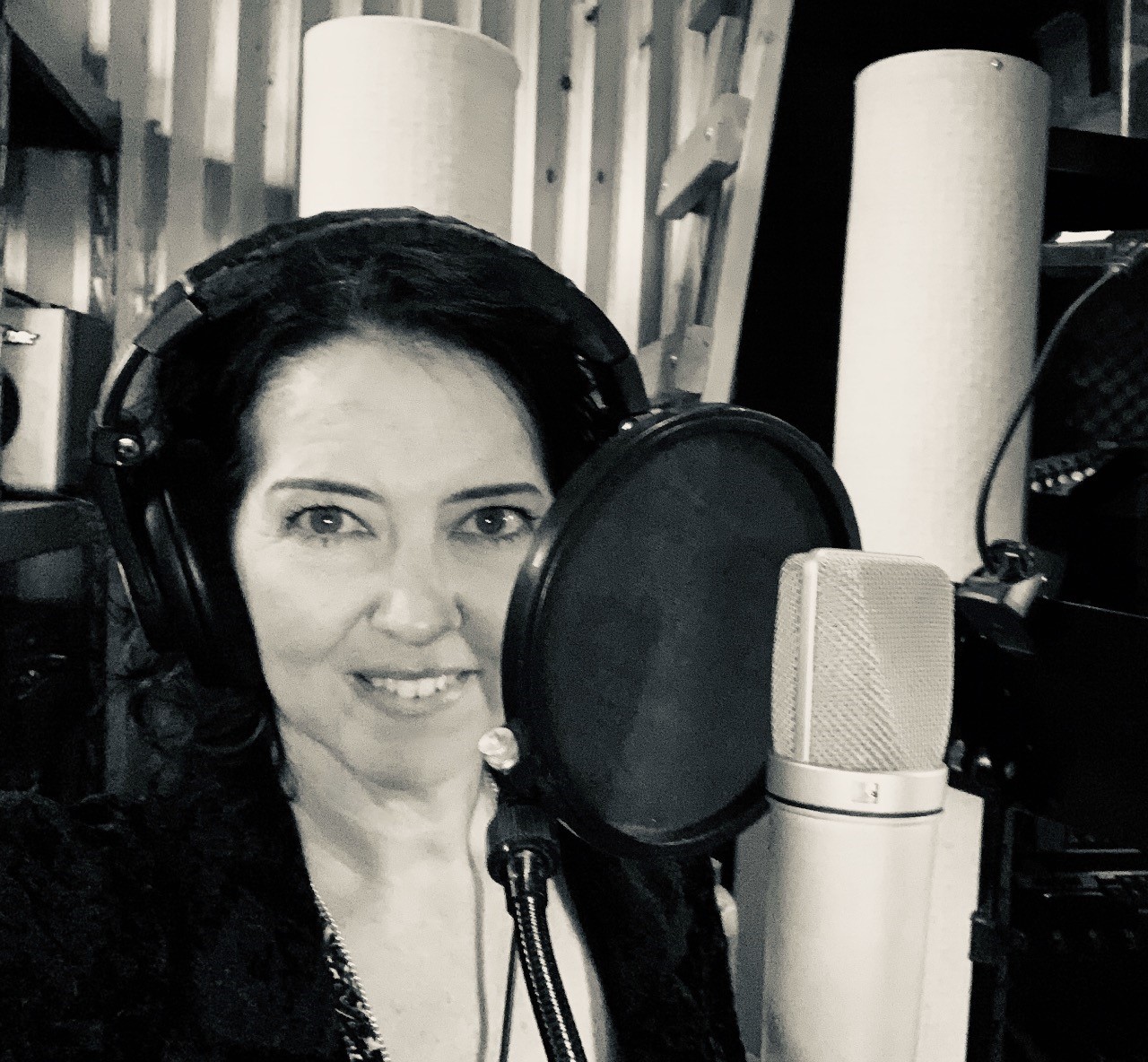
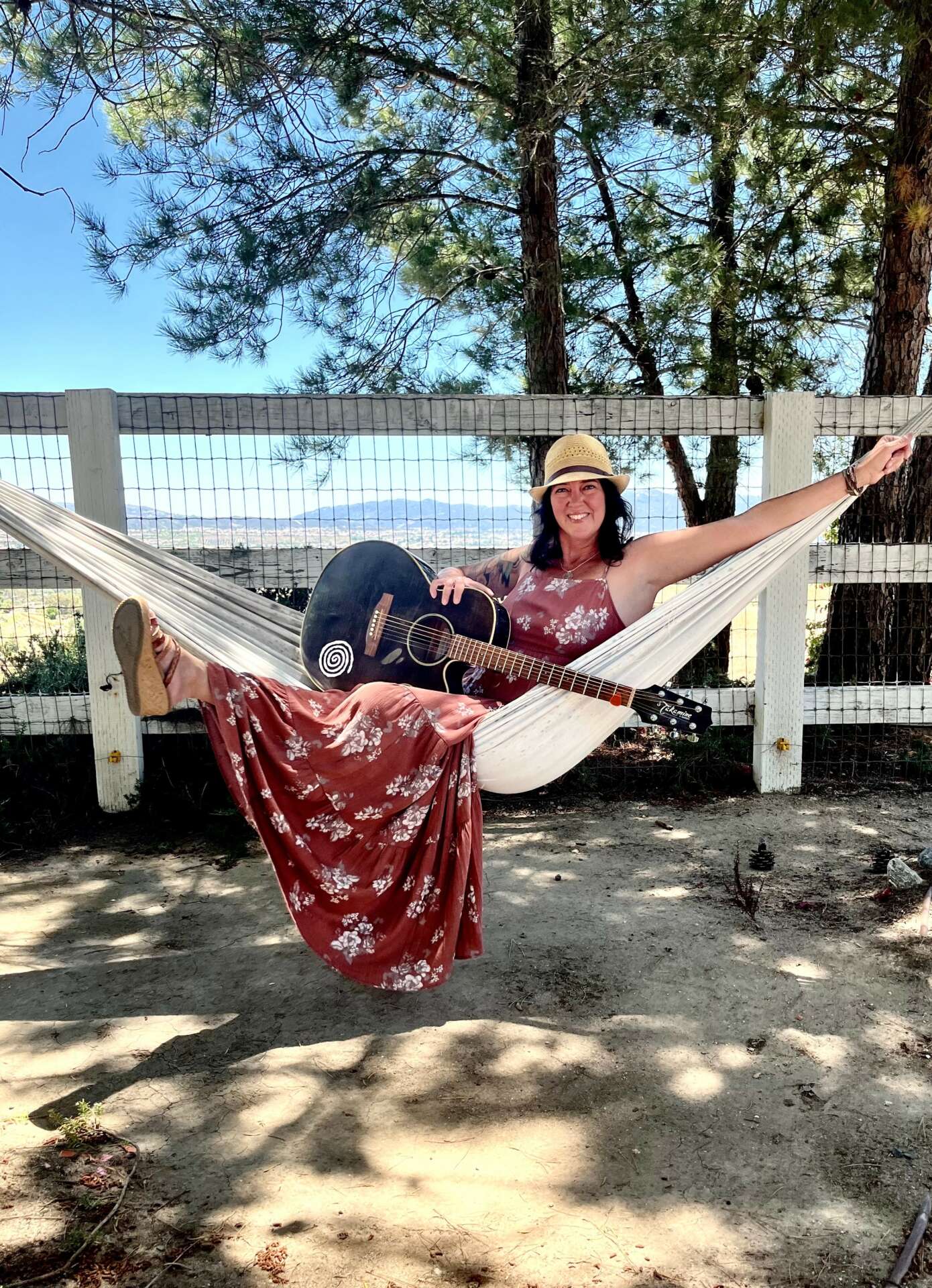
Let’s talk about resilience next – do you have a story you can share with us?
I think the essence of choosing a creative career as a songwriter/musician IS resilience. If you are working as an independent, you need to wear all of the hats. You can’t just write songs and play music. You have to be the booking agent, the marketing guru, the producer, and you have to really juggle all of the aspects of artist management on your own, while creating and/or finding funding for recording, videos, photography, and promotion. When it comes down to finding industry support for all of these things, the no’s certainly outweigh the yes’s, so we’re constantly navigating the narrative of the value of our craft and our product. in a world where music itself has been devalued in the digital age.

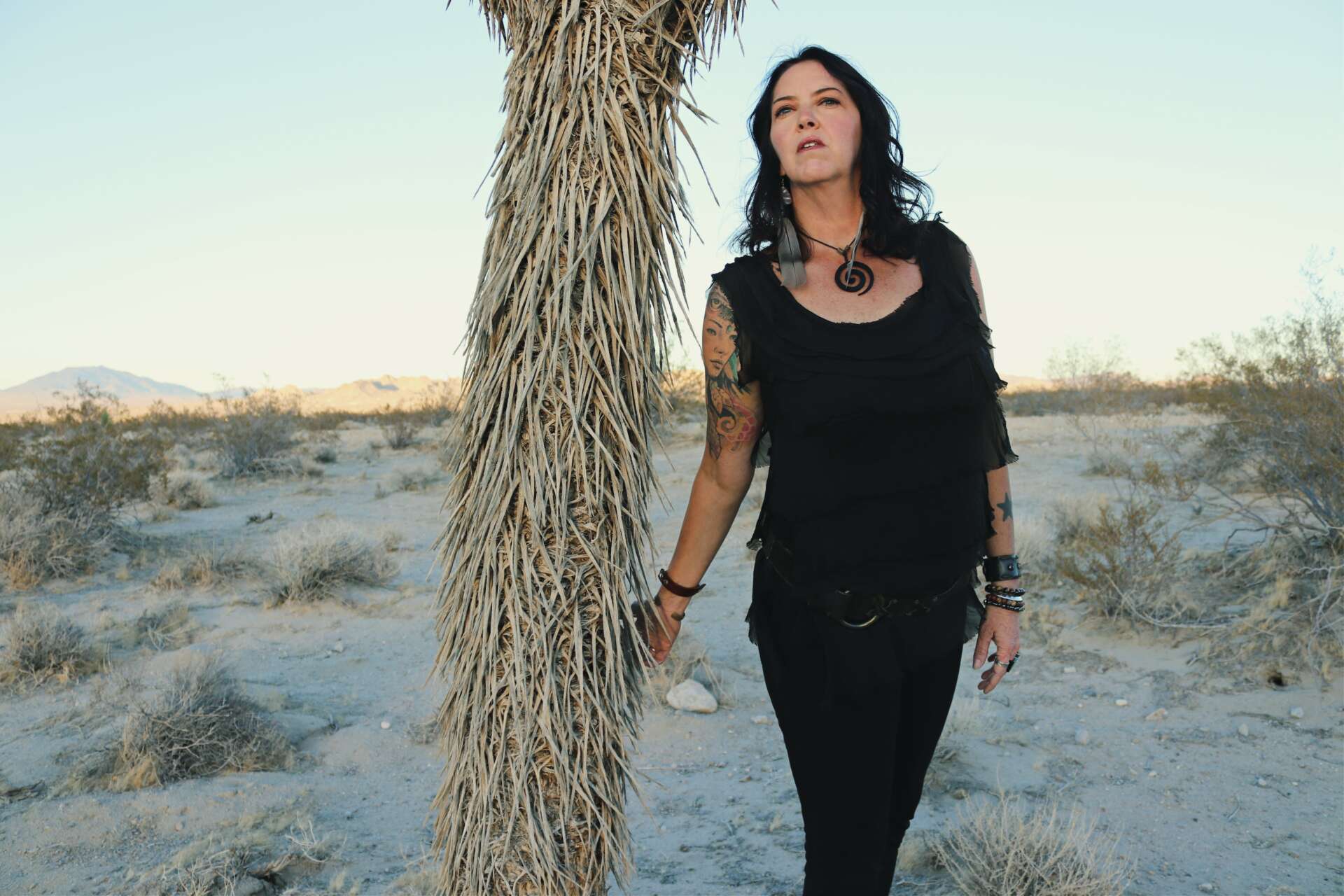
In your view, what can society to do to best support artists, creatives and a thriving creative ecosystem?
From a microcosmic perspective in the music realm, there are little things that can support artist’s efforts. If you hear a live musician you appreciate, go find and follow their socials and spotify or other online streaming platforms, go see their live shows, and share their promotions with your community. Feed the tip jar, buy the merch, join their Patreon family, contribute to crowdfunding campaigns, or host a house concert. From a macrocosmic perspective, an ideal world would include programs, grants, non-profit record labels and production companies to support and fund the creation of music and the artist’s who are committed to the craft. We need those organizations who moderate the industry to focus more on supporting the little guys and not just the 1% who dominate the charts. What if we had a federal or state funded program to supplement income for musicians who consistently contribute to the pool of free recorded music and who provide the soundtrack of our lives?
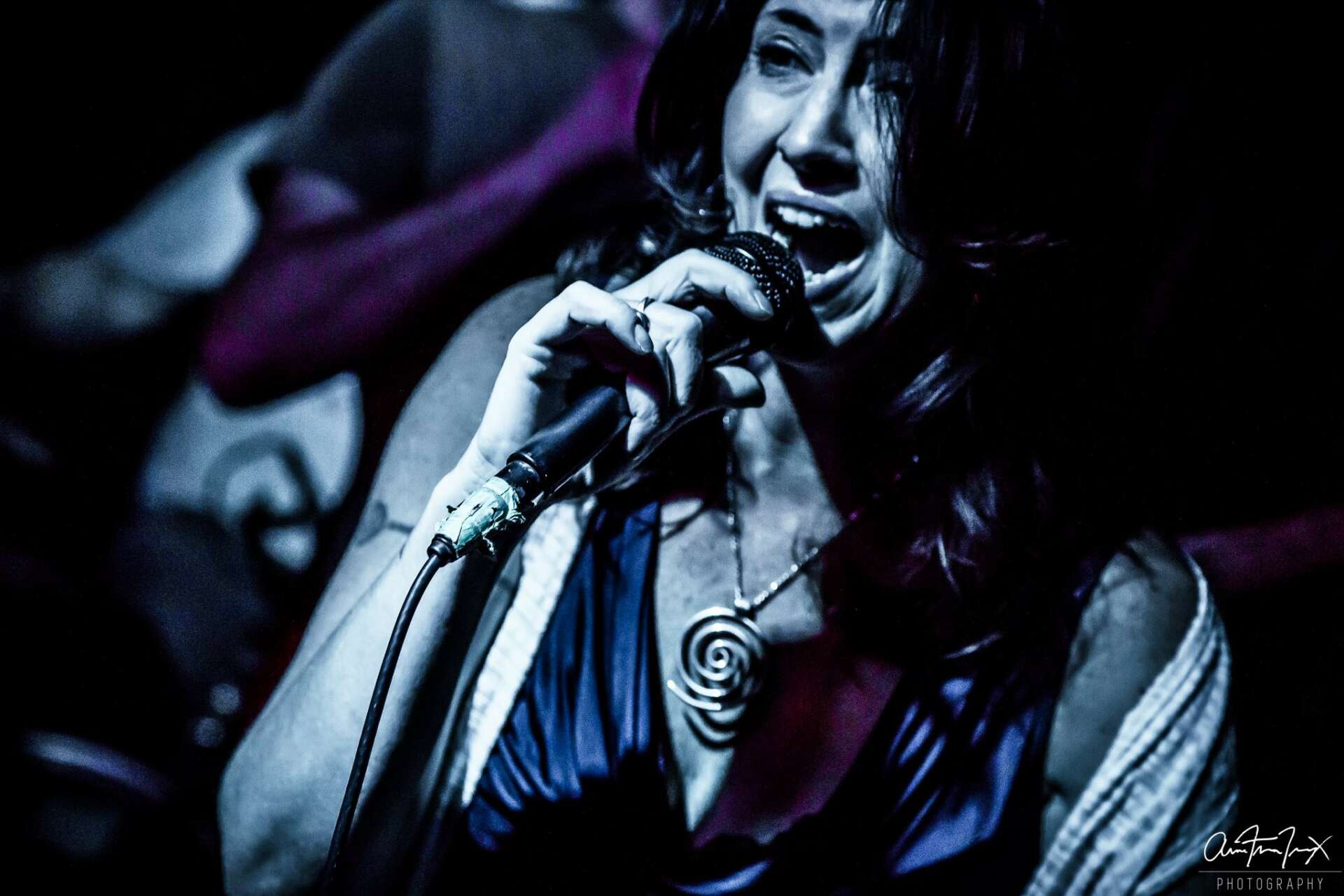
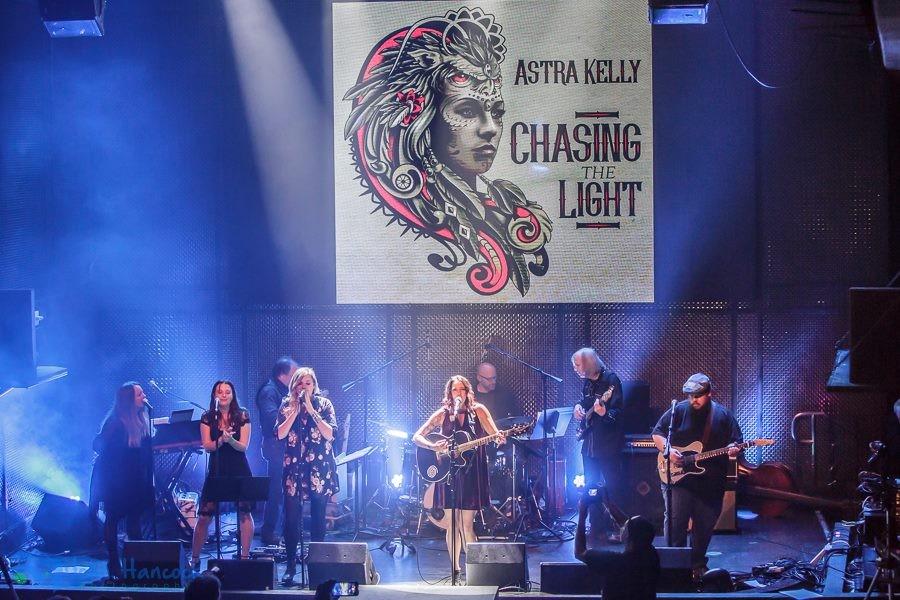
Contact Info:
- Website: www.astrakelly.com
- Instagram: https://www.instagram.com/astrakelly/
- Facebook: https://www.facebook.com/astrakellymusic/
- Youtube: www.youtube.com/astrakelly
- Other: https://open.spotify.com/artist/0SL3XiqQP5Nl6xBgaugfKx
-
Friday, Sept. 8th at Studio West.Tickets: www.studiowest.com/live
Image Credits
Cathryn Beeks John Hancock


